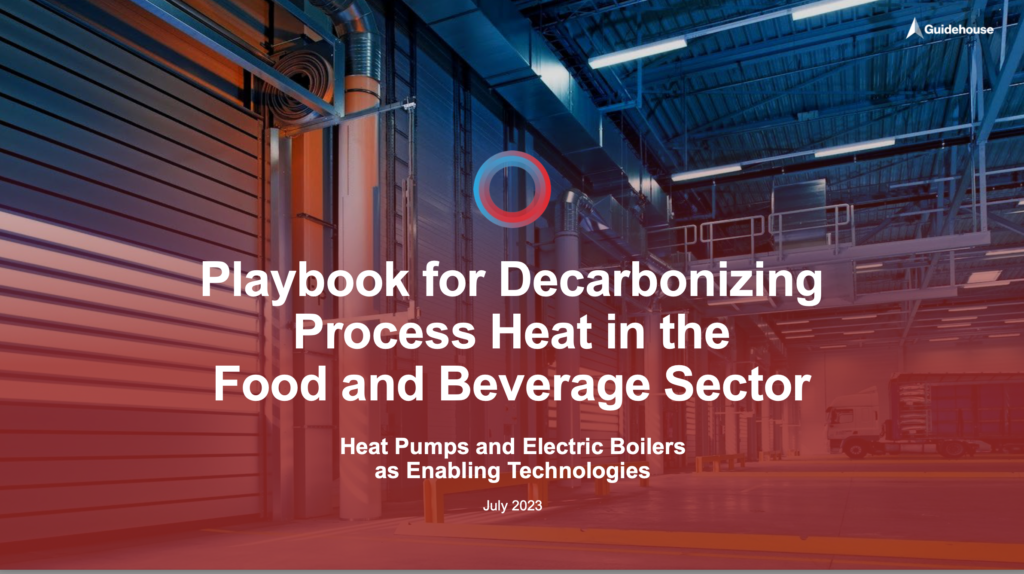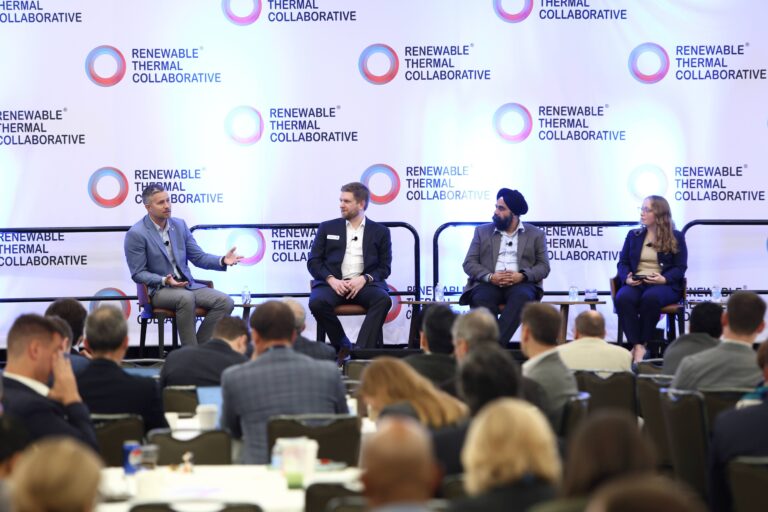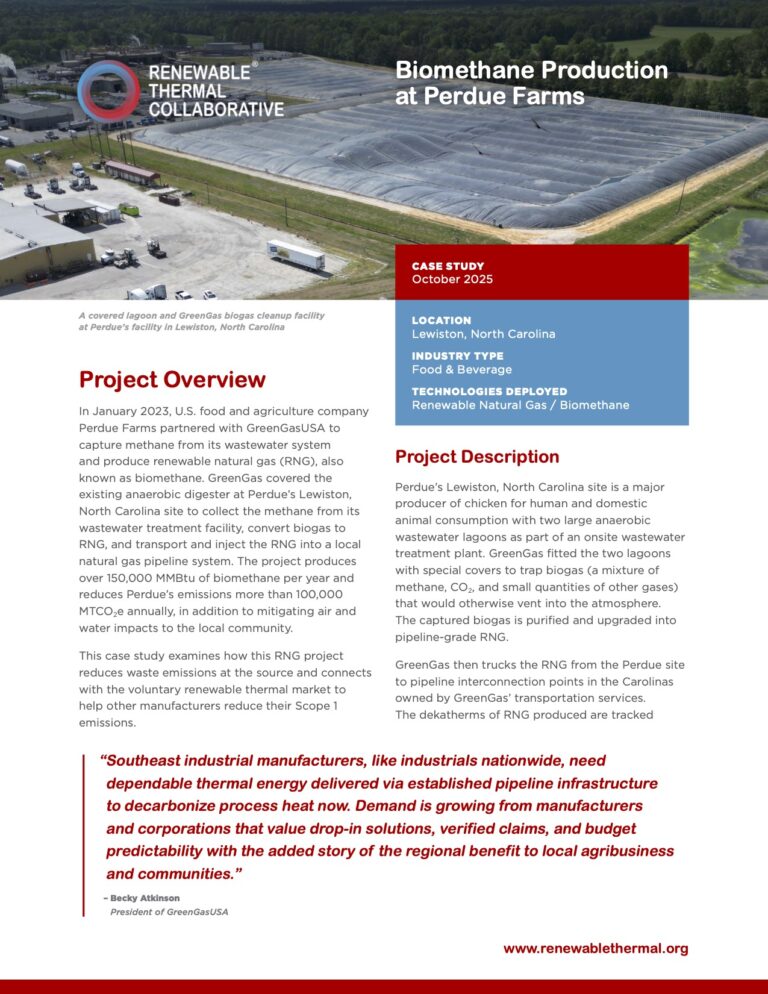 In the U.S., food & beverage processing produces more emissions from industrial heat use than any other sector outside of refineries, chemicals, or iron & steel. 97% of the heat in this sector falls in the low-temperature range, making electrification with heat pumps and electric boilers a promising opportunity for cutting emissions in the near-term. According to the Renewable Thermal Vision Report, by 2050, electrification will be able to provide more than 85% of the process heat in the sector, mostly from heat pumps.
In the U.S., food & beverage processing produces more emissions from industrial heat use than any other sector outside of refineries, chemicals, or iron & steel. 97% of the heat in this sector falls in the low-temperature range, making electrification with heat pumps and electric boilers a promising opportunity for cutting emissions in the near-term. According to the Renewable Thermal Vision Report, by 2050, electrification will be able to provide more than 85% of the process heat in the sector, mostly from heat pumps.
To accelerate decarbonization in this critical sector, the World Wildlife Fund (WWF) and Guidehouse co-authored the Playbook for Decarbonizing Process Heat in the Food and Beverage Sector on behalf of the Renewable Thermal Collaborative (RTC).
This playbook:
- Assesses major technology, market, and policy barriers to adoption of heat pumps and electric boilers.
- Recommends priority actions for each stakeholder group so that they can leverage opportunities with heat pumps and electric boilers to decarbonize process heat in the food and beverage sector.
- Provides corporate energy buyers with a set of concrete, actionable recommendations on how to switch to heat pumps and electric boilers at their facilities to reduce GHG emissions and realize a cleaner energy supply.



